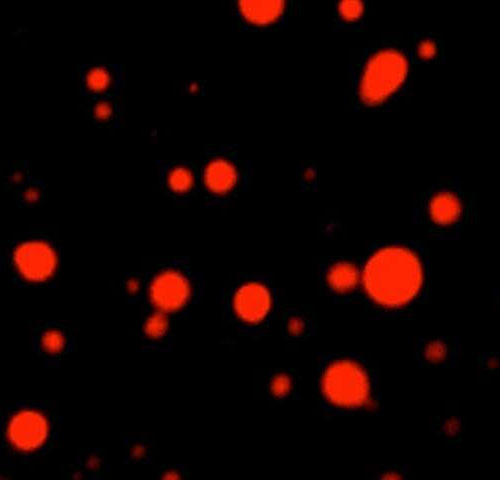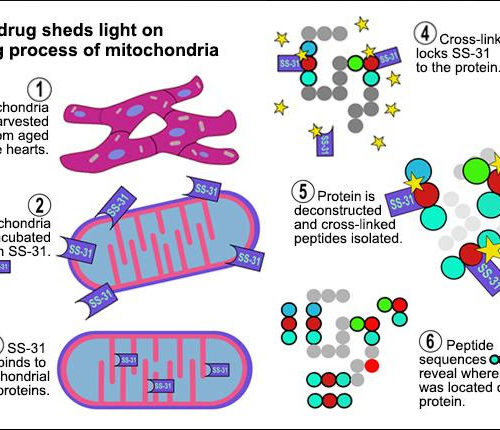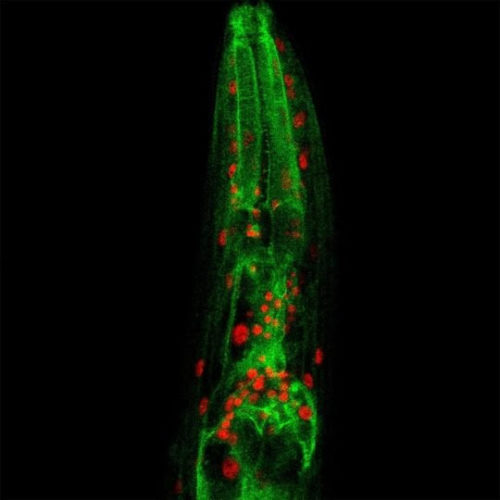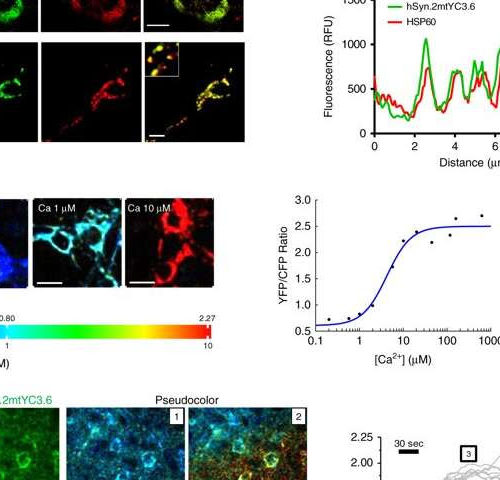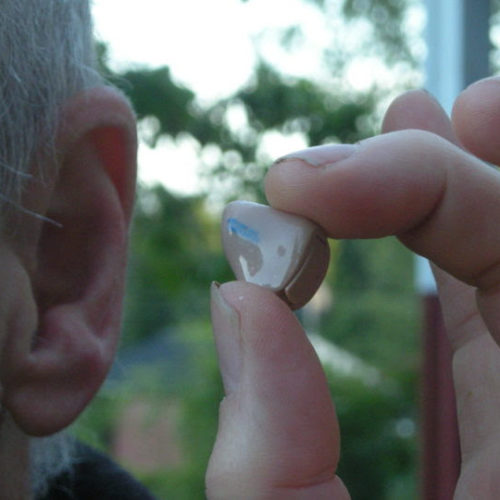TOKYO METROPOLITAN INSTITUTE OF MEDICAL SCIENCE DAMAGED MITOCHONDRIA ARE SELECTIVELY ELIMINATED VIA AUTOPHAGY CALLED MITOPHAGY. IN MAMMALIAN CELLS, UBIQUITIN CHAINS ON THE DAMAGED MITOCHONDRIA PLAY CRITICAL ROLES TO INDUCE MITOPHAGY. Researchers at TMIMS have revealed that PINK1 (a serine/threonine kinase) and Parkin (a ubiquitin ligating enzyme: E3) work together to ubiquitylate the outer membrane proteins...
Tag: <span>mitochondria</span>
How cancer drugs find their targets could lead to a new toolset for drug development
by Whitehead Institute for Biomedical Research The molecular structure of the cancer drug cisplatin causes it to concentrate in tiny non-membrane bound organelles called condensates held together by the protein MED1. By altering other drugs to concentrate in specific condensates, drug developers may be able to improve targeting efficacy in future. Credit: Isaac Klein, Whitehead...
Study yields clues to how drug may boost aged mitochondria
An experimental drug that has been shown to improve the function of diseased and aged mitochondria binds to 12 key proteins involved in energy production, researchers at the University of Washington School of Medicine have found. The drug, elamipretide, also called SS-31, has shown promise for treating rare inherited diseases that affect the mitochondria, the...
Subcellular chatter regulates longevity
As people get older, they often feel less energetic, mobile or active. This may be due in part to a decline in mitochondria, the tiny powerhouses inside of our cells, which provide energy and regulate metabolism. In fact, mitochondria decline with age not only in humans, but in many species. Why they do so is...
Researchers link high calcium levels in mitochondria to neuronal death in Alzheimer’s disease
by Brian Burns, Massachusetts General Hospital For the first time, using a mouse model of Alzheimer’s disease, scientists have documented a link between raised levels of calcium in mitochondria and neuronal death in the living brain. This relationship was previously documented in cell culture, but seeing this phenomenon in living mice makes it more likely...
Mitochondria in Age-Related Hearing Loss
In this open access paper, researchers present evidence to suggest that the mitochondrial dysfunction that accompanies aging may be a meaningful cause of the loss of neurons that contributes age-related hearing loss, in the sense that it increases the incidence of necroptosis, a form of programmed cell death. Present thinking on the progressive deafness of...
Know thy mitochondria: Autoimmunity to organelles and their DNA
by John Hewitt , Medical Xpress The immune system uses its mitochondria to self-stimulate innate and adaptive responses to infection. Reactive oxygen species (ROS), immunogenic mitochondrial DNA (mtDNA), and even whole mitochondria are locally mobilized in a delicate balance to create hot spots of inflammatory action. When normal limiting feedback on these processes is compromised,...
SUPPLEMENT MAY SLOW EARLY AGING SYNDROME
Supplements of the drug NAD+ may offer a new way of attacking Werner Syndrome, according to a study with animal models Patients with Werner Syndrome have early signs of aging, such as grey hair, wrinkled skin, and increased incidence of cancer and type 2 diabetes. On average, they die at the age of 45. The...
Tracking inheritance of human mitochondrial DNA
This news or article is intended for readers with certain scientific or professional knowledge in the field. New insight into how genetic information stored in human mitochondria is passed from one generation to the next could have important implications for genetic counseling of women planning pregnancies, according to a study by researchers at Penn State...
Self-cannibalizing mitochondria may set the stage for ALS development
Powerhouses of the cell ‘eat themselves up,’ jumpstart path to neurodegenerative disease NORTHWESTERN UNIVERSITY CHICAGO — Northwestern Medicine scientists have discovered a new phenomenon in the brain that could explain the development of early stages of neurodegeneration that is seen in diseases such as ALS, which affects voluntary muscle movement such as walking and talking....


